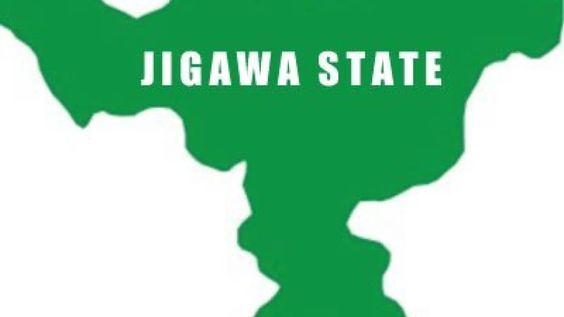Headlines
PCN Closes 350 Pharmacies and Stores in Jigawa

According to the Pharmacy Council of Nigeria (PCN), Jigawa State has seen the closure of more than 350 pharmacies and drug stores.
Pharmacist Stephen Esumobi, Director Enforcement, PCN, Jigawa State, revealed this information during a news conference at the state capital, federal Secretariat Dutse.
He claimed that the action came about as a result of an enforcement team patrol to simplify Nigeria’s drug distribution network.
“The goal is to guarantee that all medications stay safe, effective, and of high quality as they move through various stakeholders at different stages of the drug distribution chain until they reach the consumers,” he stated.
Esumobi made note of the fact that a number of establishments were functioning unlawfully because Jigawa State’s PCN had never registered them.
He pointed out that a lot of patent medicine stores also kept a lot of drugs in stock that were both well above their scope and not on their approved prescription list.
Read Also: President Tinubu is informed by K1 De Ultimate about the anger of people caused by economic hardship
According to the Director of Enforcement, most of the locations that were inspected had poor storage conditions, which allowed the products to deteriorate.
He continued by saying that it was discovered that traffickers in illegal medications also sold substances of abuse to the general people, exacerbating the social and security issues brought on by the illicit use of those medications.
He said that Taura, Birniwa, Guri, Gwaram, Hadejia, Birnin Kudu, Dutse, and Ringim were among the local government districts they visited.
Mallam Madori, Kiyawa, Garki, Gumel, Kazaure, Roni, Gagarawa, Buji, Kafin Hausa, Kaugama, and Auyo were among the others.
He continued by saying that the PCN team had visited 457 locations at the end of the exercise, which included 260 unlicensed locations, 178 pharmacies, and 19 pharmacies.
He said that 355 locations—eight pharmacies, 87 patent medicine stores, and 260 illicit medication stores—had been sealed.
The team leader stated that all of the impacted pharmacies and stores had been sealed due to a variety of infractions, including the unlawful sale of narcotics intended for misuse, the operation of wholesale establishments that engage in retail sales, the selling of medications without proper documentation, and more.
